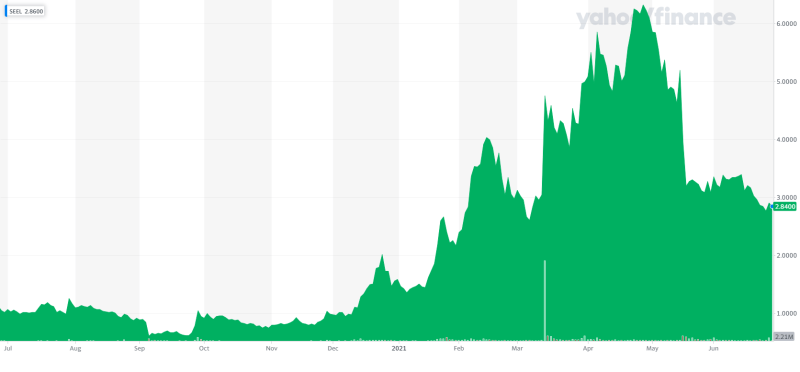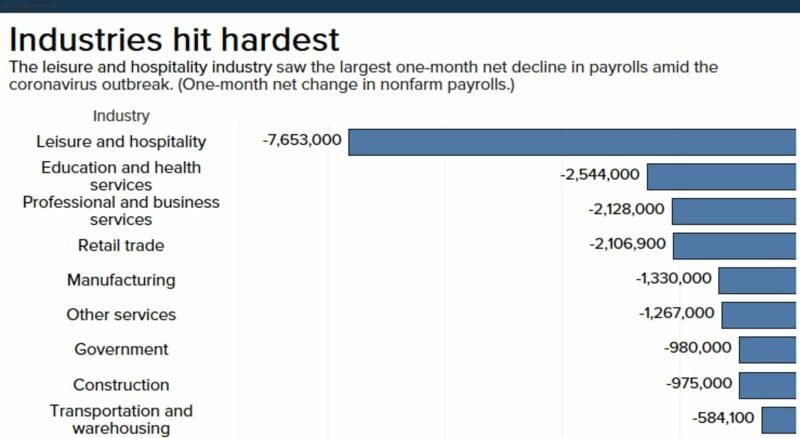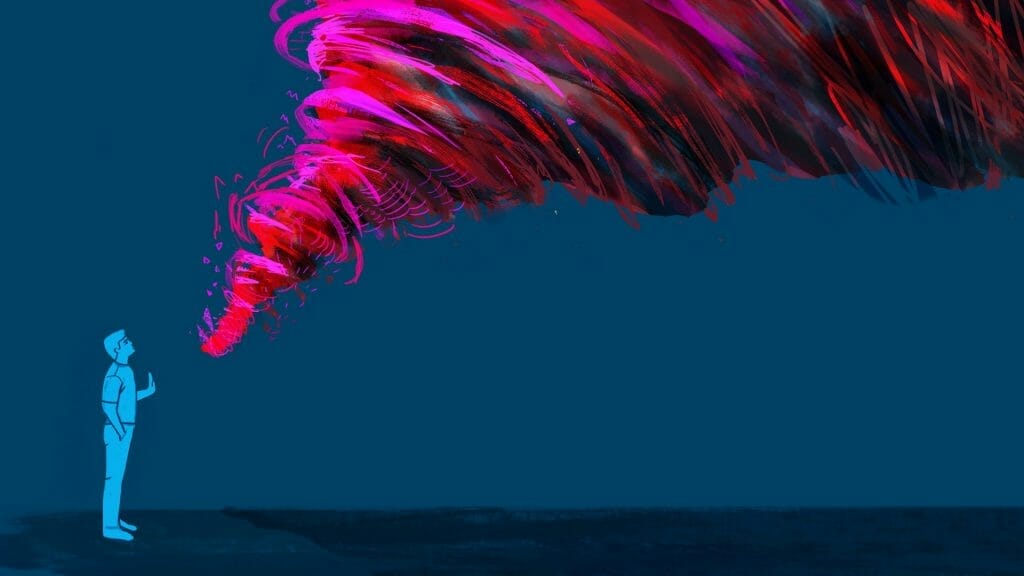Suicide is often impulsive
Seelos (SEEL.Q) are looking to create a faster way for suicidal people to get help. Current treatments like SSRI’s and anti-depressants help some, but for others they don’t work fast enough. Anti-depressants are slow, they generally take weeks until the patien sees their benefits. Someone contemplating or planning a suicide might not have that luxury of a slow working medication. Ketamine on the other hand hits almost instantly, and recent studies have shown a correlation in ketamine reducing depressive symptoms. Ketamine therapy isn’t meant to be taken like an anti-depressant would with small doses over a long period of time. Ketamine and other psychedelics have been seen to be beneficial in larger doses that aren’t meant to be consistent or ongoing for a considerable period of time.
One of Seelols’ ead drug candidates is SLS-002 for the treatment of acute suicidal ideation and behavior (ASIB) in patients with major depressive disorder (MDD). SLS-002 is intranasal ketamine with two investigational new drug applications (INDs). SLS-002 was born out of a previous Javelin Pharmaceuticals Hospira program that had 16 clinical studies involving around 500 subjects. SLS-002 addresses an unmet need for an efficacious drug to treat suicidality in the United States. According to the Agency for Healthcare Research and Quality, there were approximately 1,000,000 visits to emergency rooms for suicide attempts in 2013 in the US alone.

Experimental studies suggest ketamine has the potential to be a rapid,effective treatment for refractory depression and suicidality.
In March 2020, the FDA awarded SLS-002 Fast Track Designation for ASIBin patients with MDD, to support the further clinical development of the drug candidate. Seelo believes this puts them in a strong position to pursue the FDA’s expedited programs for drug development and review.
Every suicide is different, but spontaneity is actually a common factor in suicide, it can often come down to a single moment or impulse. The 2007 documentary ‘The Bridge’, which tells the story of how a record number of people have jumped off the Golden Gate Bridge in San Francisco. So many people jumped to their deaths with a 98% death rate that the city installed nets that would hopefully catch jumpers. Opposition to the nets said, they will just kill themselves tomorrow, what’s the point? But, suicide can be instantaneous, many of us have had those thoughts, being in the wrong place at the wrong time while overcome with depression or hopelessness, sometimes that’s all it takes.
Champignon Brands switches to Braxia Scientific (BRAX.C), picks up 4th ketamine clinic
Suicide & COVID
As a consequence of the COVID-19 pandemic, approximately one-third of the global population experienced some form of lockdown or quarantine. While warranted, the impact of these measures combined with the devostation of the pandemic will likely have a far greater long term impact of the 2008-09 financial crisis in both magnitude and scope. Unprecedented proportions of the employment sectors in the USA and Canada have filed for unemployment benefits. Statistics Canada reported, on April 9, 2020, that one-in-ten working-age individuals in Canada lost their jobs or worked less than half their usual hours as a result of the widespread restrictions imposed in March 2020.

There are many different reasons people turn to suicide, hopelessness is one of them. Economic instability, and a bleek outlook for future job prospects can put people in tough spots, especially for those who are relied upon by others. Those people are under the most pressure to bounce back and recover from Covid, but it’s not always that easy, and certain sectors like tourism and hospitality have been especially hard. This has created somewhat of a perfect storm scenario where there is an accumulation of fear, hopelessness and economic insecurity moving forward, even when things return to normal, which fortunately is starting to happen, at least in some areas of the world. Suicide rates are highly sensitive to macroeconomic indicators, particularly unemployment. The rapid rise in unemployment as a result of the COVID-19 pandemic is predicted to result in 3,235-8,164 excess suicides between 2020 and 2021, representing a 3.3-8.4% increase in suicides per year from the 2018 rate of 48,432 suicides in the USA. During the Great Recession, an increase in the number of suicides was also reported in Canada.
Other indications
Ketamine was introduced to the medical community in 1962 by Parke-Davis Labs, a company that was acquired by Pfizer (PFE.N). The FDA approved ketamine for human use in 1970 and was a popular anesthetic given to American soldiers during the Vietnam War. Progress came to a halt in 1999 ketamine was deemed a schedule III drug by the FDA after widespread irresponsible usage as a party drug. But ketamine isn’t the only psychedelic that has been shown to decrease depressive symptoms.
In 2016 The Beckley Foundation created the first a brain-imaging study showing the effects of LSD on the “ego” which was seen to be diminished while under the drug. On top of that, communication between other networks were expanded. Understanding how blood supply and neuronal activity are affected by LSD could help unlock the drug as a powerful treatment for tackle depression, anxiety, addiction, and OCD.
High-level association cortices (partially overlapping with the default-mode, salience, and frontoparietal attention networks) and the thalamus showed increased global connectivity under the drug. The cortical areas showing increased global connectivity overlapped significantly with a map of serotonin 2A (5-HT2A) receptor densities (the key site of action of psychedelic drugs.
A study published by John Hopkins University and NYU on psilocybin showed that the substance can reduce depression in cancer patients. A separate study by researchers at the Beckley Foundation psychaedlic drug think-tank and Imperial College London Research Programme found that psilocybin could help people with treatment-resistant depression.

